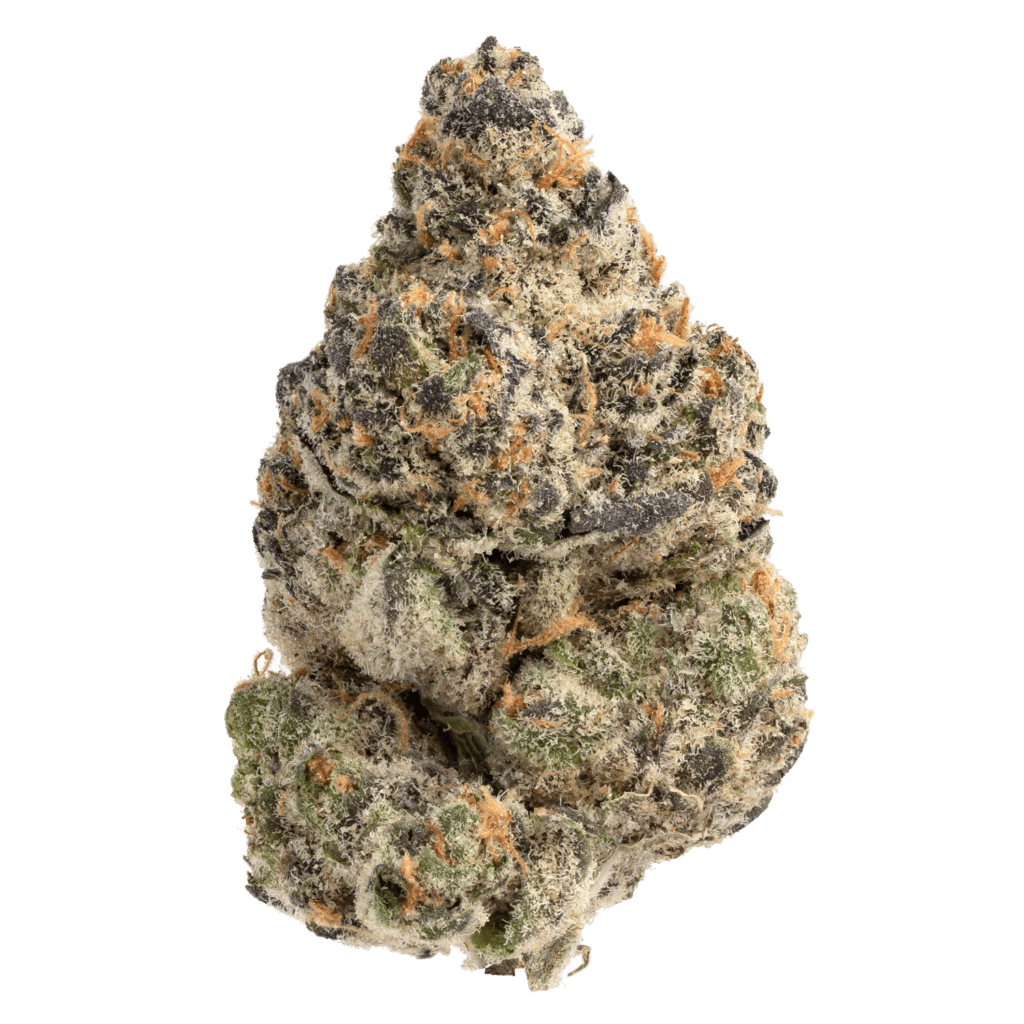No products in the cart.
Cannabis as a Treatment for COVID-19
22 Jan 2024

Introduction
In a recent in-depth examination, a team of researchers has unveiled intriguing insights into the possible benefits of Cannabis as a treatment for COVID-19. The study, titled “Cannabinoids and the Endocannabinoid System in Early SARS-CoV-2 Infection and Long COVID-19.” Authored by Cassidy Scott, Stefan Hall, Juan Zhou, and Christian Lehmann, has been published in the Journal of Clinical Medicine.
Cannabinoids’ Role in Preventing Viral Entry
Drawing on data from multiple past studies. The review delves into how elements of the cannabis plant may play a crucial role in both preventing the onset and alleviating the effects of COVID-19. The research suggests that cannabinoids, particularly those found in cannabis extracts. As this could impede the virus’s entry into cells. As well as, mitigate harmful oxidative stress, and regulate the excessive immune response observed in severe cases.
Downregulation of ACE2 Protein Levels
Moreover, the study highlights the promising potential of cannabinoids in addressing the diverse and persistent symptoms associated with Long-COVID. Specific cannabis extracts are proposed to downregulate ACE2 protein levels in key tissues. Thus, hindering the virus’s entry into human cells, an aspect crucial due to ACE2 being the primary gateway for the virus.
Mitigating Oxidative Stress with Cannabinoids
The review also explores cannabinoids’ role in managing oxidative stress, a significant factor in COVID-19’s pathogenesis. By transforming free radicals into less active forms, cannabinoids such as CBD may help alleviate the harmful effects of oxidative stress observed in severe COVID-19 cases.
Regulating the Cytokine Storm
The study further suggests that cannabinoids may have a positive impact on the cytokine storm, a severe immune response triggered by COVID-19. The effectiveness of cannabinoids in reducing inflammatory cytokines hints at their potential in managing such immune responses.
Addressing Neuropsychiatric Symptoms in Long-COVID
Transitioning to post-acute COVID-19, commonly known as Long-COVID. The study sheds light on cannabinoids’ potential in addressing persistent symptoms such as depression, anxiety, post-traumatic stress injury, insomnia, pain, and decreased appetite. The involvement of the endocannabinoid system in various neurological processes makes it a target for addressing these neuropsychiatric symptoms.
Considerations for Consumption Methods
The study also takes into account various consumption methods and types of cannabis products. Cautioning against smoke inhalation, which may have negative effects for patients with respiratory illnesses that could offset therapeutic benefits. The authors highlight that while smoking and vaporizing cannabis are often preferred for their quick onset of effects. As well as, potential respiratory health consequences, especially in the case of smoking, need careful consideration.
The Call for Further Research
Emphasizing the need for further research, the authors acknowledge that while the initial findings are promising. They are preliminary and derived from studies not exclusively focused Cannabis as a treatment for COVID-19. Therefore, they advocate for more targeted and extensive research, including clinical trials, to fully comprehend the role and efficacy of cannabinoids in treating early and post-acute SARS-CoV-2 infections. The authors call on the scientific community to delve more rigorously into the pharmacological aspects and potential therapeutic applications of the endocannabinoid system.







